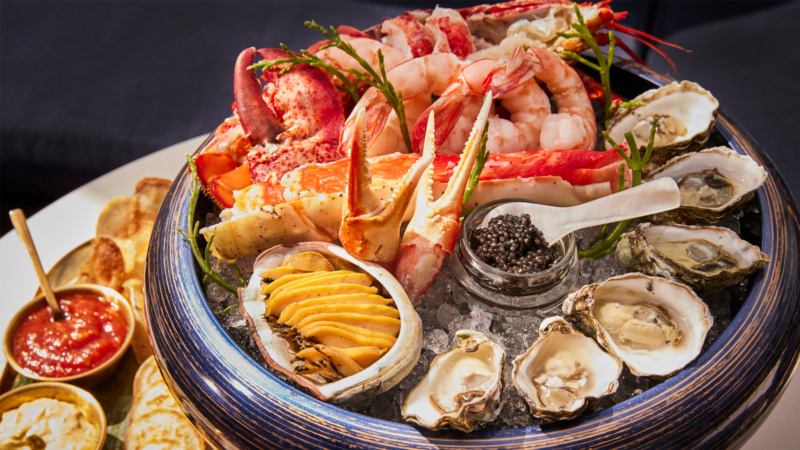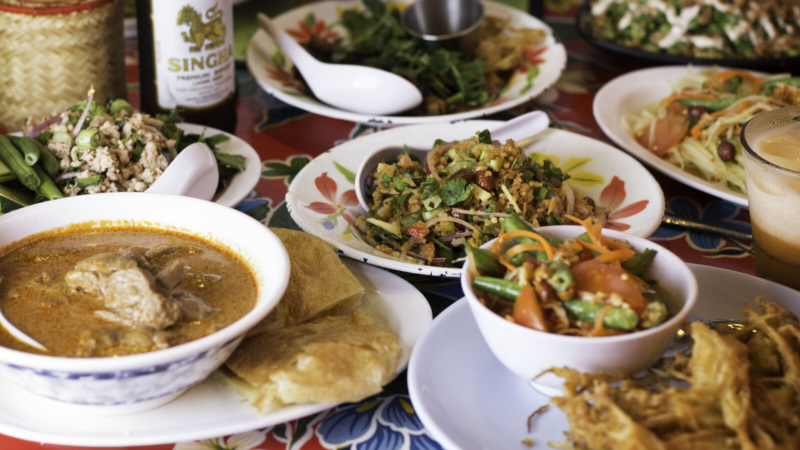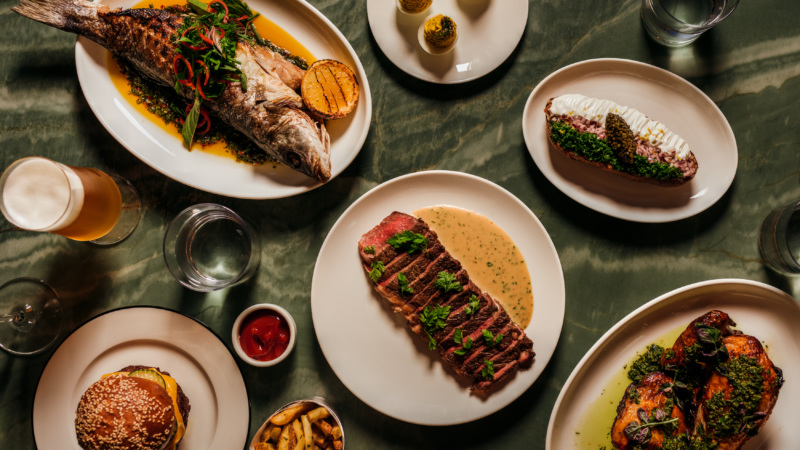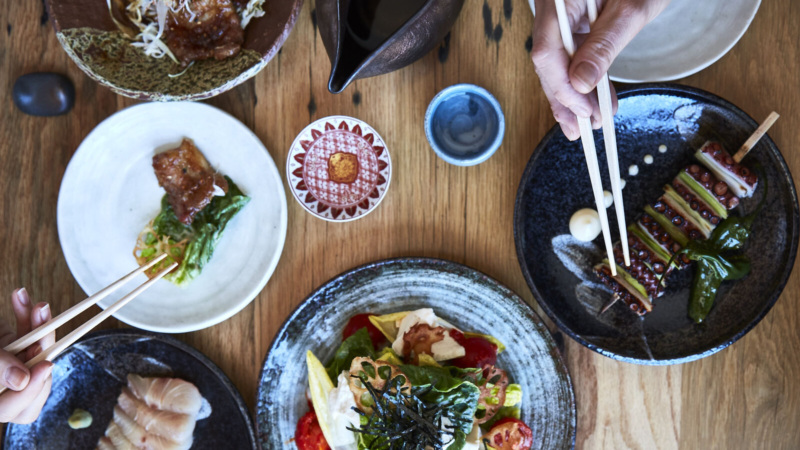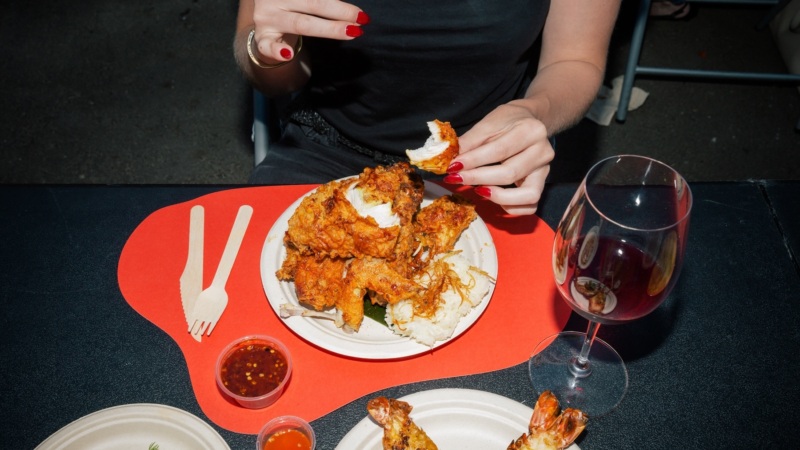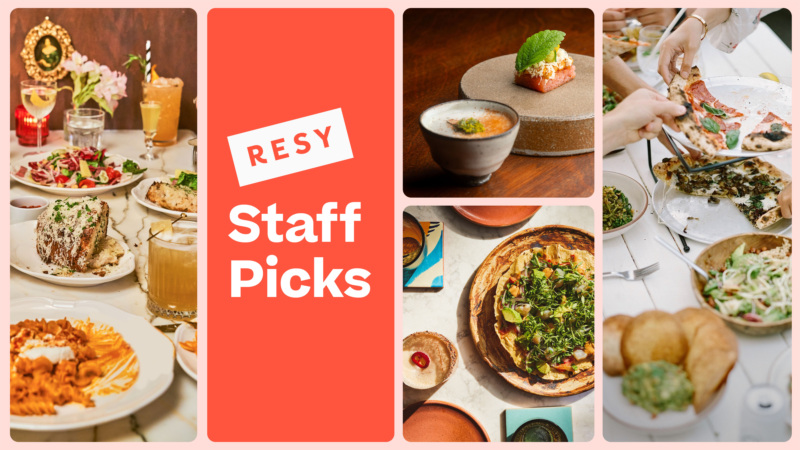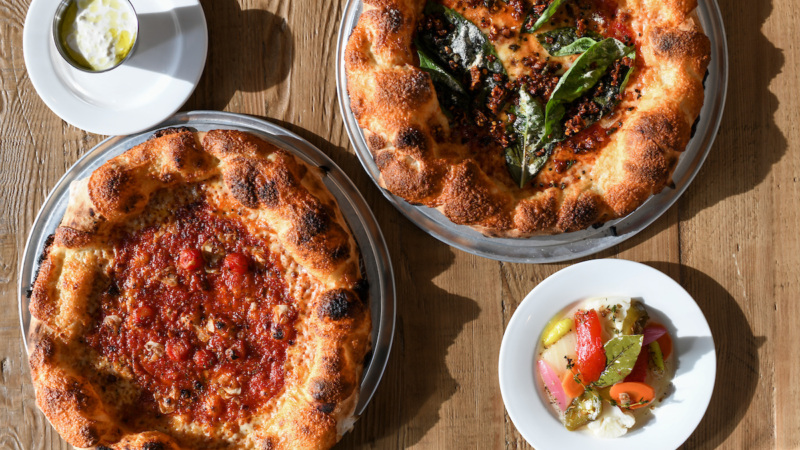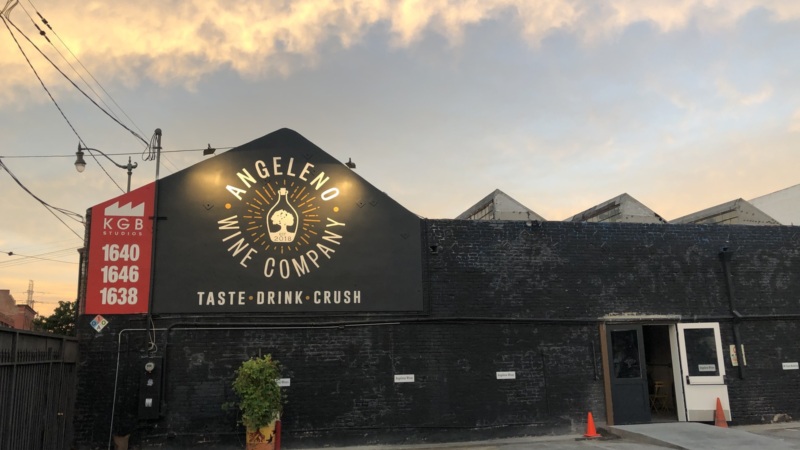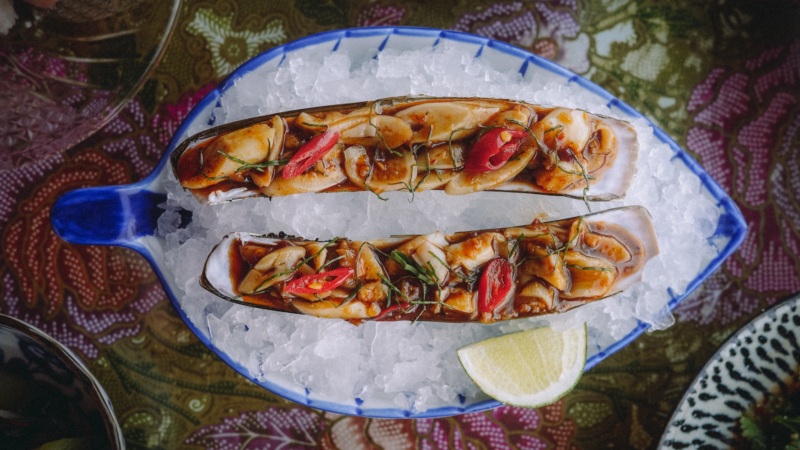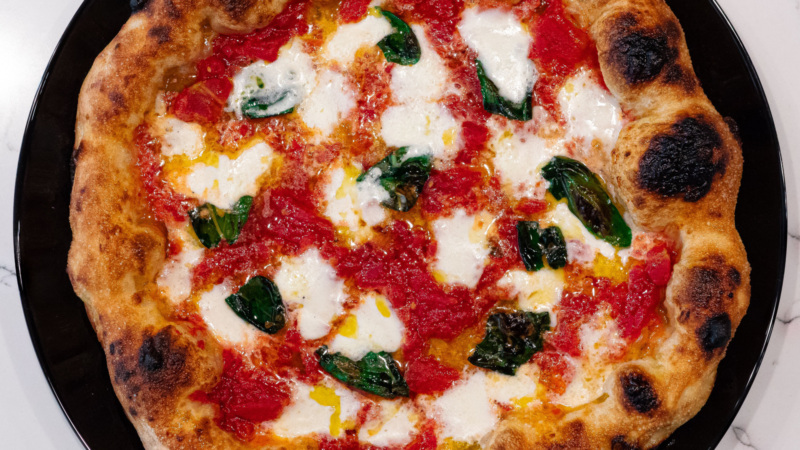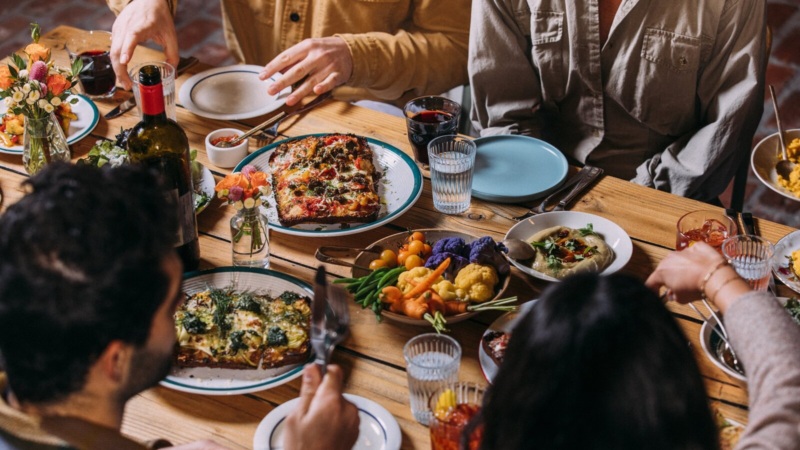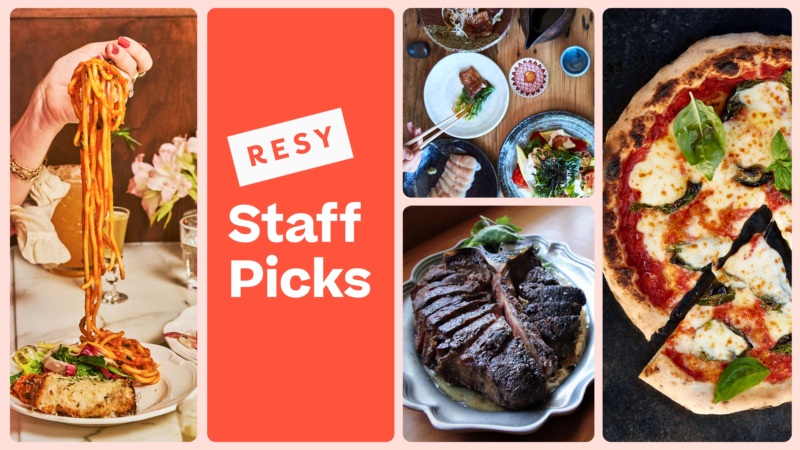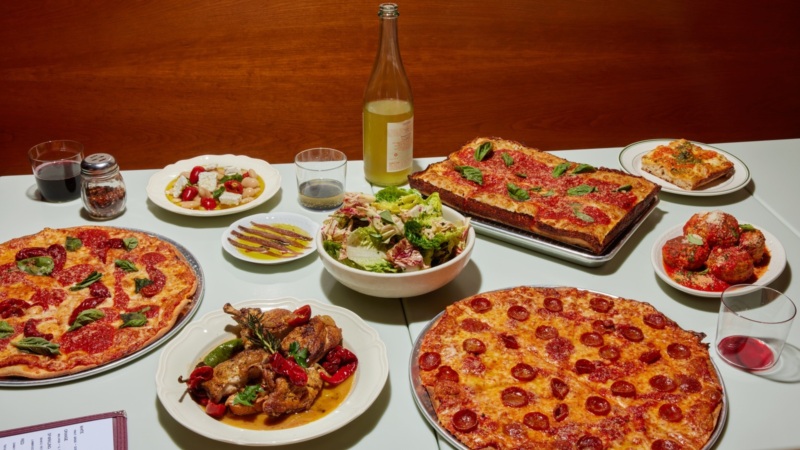
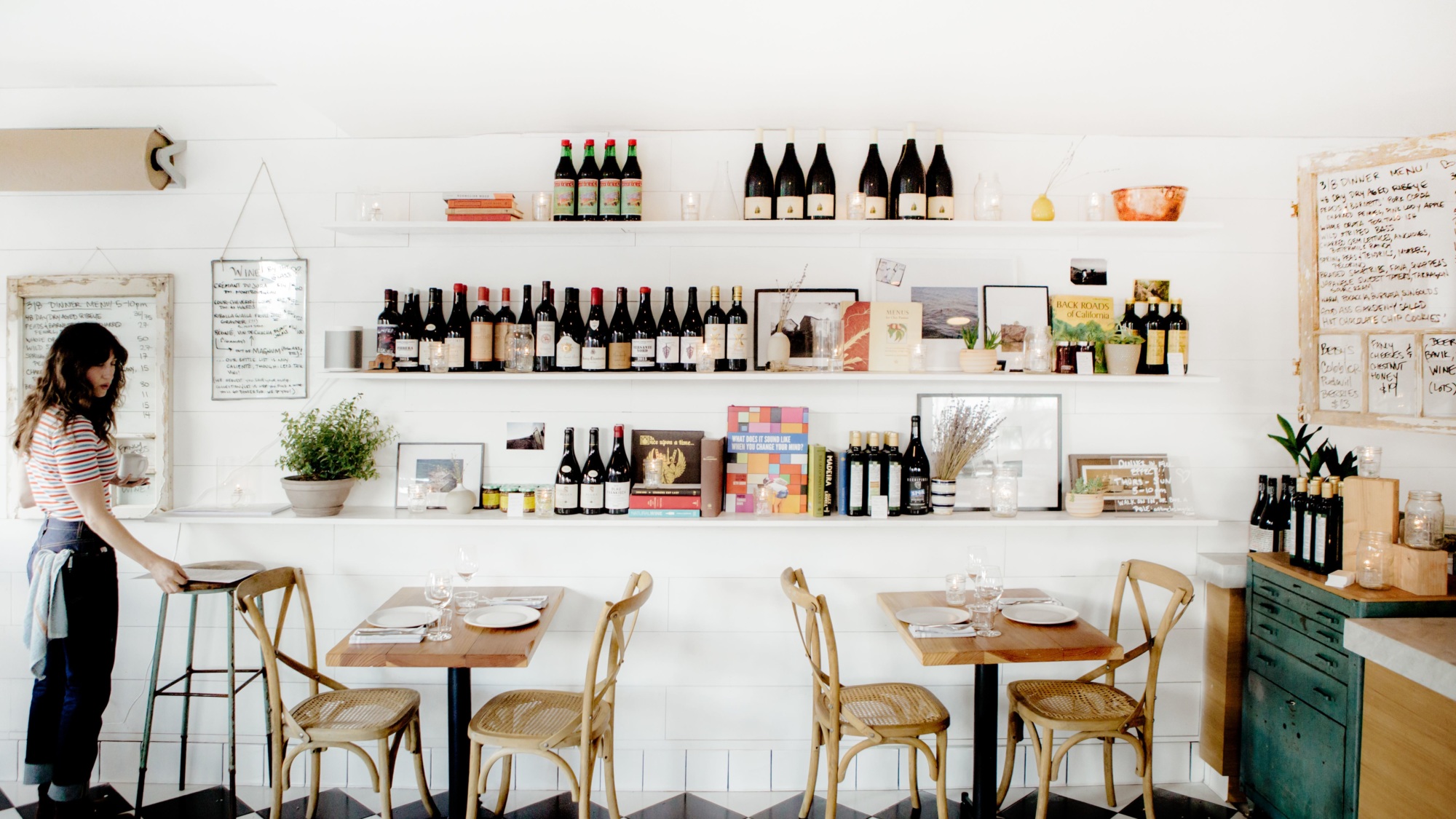
How Chefs Are Trying to Keep Their Favorite Farms and Fishmongers in Business
Any Los Angeles chef will tell you that a dish is only as good as its ingredients, from highly prized local greens to olive oil sourced from around the globe. But the pandemic has affected every tier of the industry, from cooks to growers to delivery truck drivers. And once the shutdown happened, if chefs wanted their favorite suppliers to be around when restaurants reopened, they had to find new ways to support them.
Now, many restaurants have transformed their business models to provide consumers direct access to their favorite ingredients, with the goal of not only keeping themselves afloat, but to also help their producers get through this time, too. And it might be the wave of the future.
It’s that symbiotic nature of the industry, and the need to nurture a community, that made Bar Avalon general manager Nathaniel Muñoz and chef Joshua Guarneri quickly rebrand their casual Echo Park restaurant into Bodega Avalon. As soon as dining rooms were required to close, they scaled back the menu and opened a marketplace for pantry and kitchen staples, selling everything from Tehachapi Grain Project flour to McGrath Family Farm flowers.
“We had to think beyond goods we would normally sell and include those that we actually use,” says Muñoz. “Our vendors make us who we are, and so many are marginalized during this closure. If there was a chance that they might not be here when we reopen, we had to help them stay in business.”
It’s not just one-off bags of flour or a carton of eggs, though. They also sell Yokose Seafood’s black cod, beautiful wild-caught fish from fifth-generation ikejime fishmonger Seiichi Yokota. The premium product — in the traditional Japanese manner, the fish are stunned and drained of blood before being butchered — isn’t normally accessible directly to the public, but here, it’s offered at wholesale prices. People can also order whole birds from Liberty Duck, and everything from shanks to chops to hocks from pork purveyor Peads & Barnett.
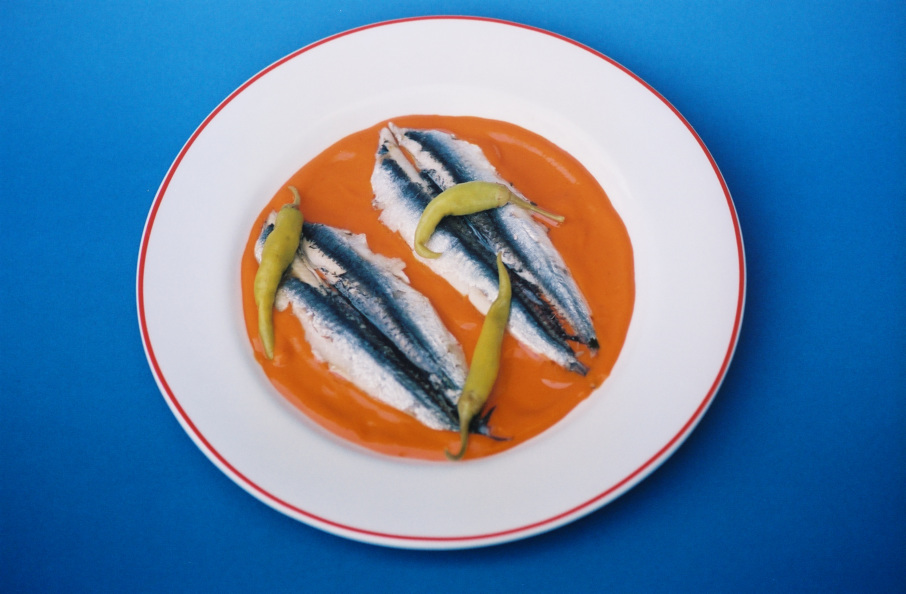
By acting as a conduit between these small businesses and customers, Muñoz and Guarneri see it as a win-win for everyone: They keep Bar Avalon’s doors open, customers have access to ingredients they wouldn’t find in grocery stores, and their vendors can stay above water, for the time being.
“If this model can sustain us, maybe we’ll prolong our situation instead of going through a messy reopening,” Muñoz says. “Until then, we’ll try to embrace the same tenets of hospitality that we’ve always held onto.”
***
Local farmers have been hit especially hard during the COVID-19 crisis. Usually this time of year, chefs are clamoring to get their hands on the spring bounty: strawberries, asparagus, tender lettuces, sugar snap peas, spring onions, and more. But with fewer restaurants and outdoor markets open, demand is down, so many farms have moved to selling CSA-like boxes — via the restaurants and chefs that use their produce.
Thao Family Farms is selling boxes filled with fava beans, spinach, herbs, and peas at restaurants like Bar Restaurant and Kismet. Murray Family Farms first-of-the season cherries have popped up in boxes sold via Yang’s Kitchen in Alhambra. Another chef’s favorite, Girl & Dug Farm, has boxes available for pickup at Birdie G’s.
“The industry will be forever changed, and it’s a huge blow to restaurants, but also for wine importers, the fishmongers, the farmers,” says Ashley Wells, co-owner of All Time in Los Feliz. “We buy from people we’ve known forever, and they’re not big companies. They’re real people. This is hitting them just as hard as us, if not more. We had to be there for them.”
She and husband Tyler Wells were quick to pivot to selling fresh produce and meal kits stuffed with items from small suppliers. For grilling season, there’s grass-fed beef from Marin Sun Farms, sausages from Peads & Barnetts, and cherry tomatoes from Tamai Family Farms. Ashley’s wine selections, often from small-production wineries, come from distributors she’s worked with for years.
Even when dining room restrictions are lifted, the two can see stocking Part Time, their new (separate) takeaway concept, with some of these same ingredients. “Not sure if we’ll sell eggs a la carte, but we have the foundation,” Ashley says. “Things will be different for a long time, and even with restaurants back open, everyone will need to find a new routine.”
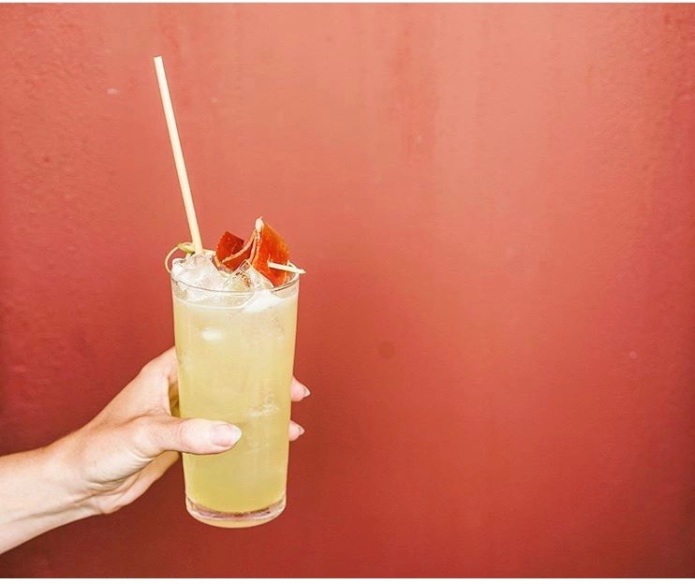
While these new challenges can be daunting, Teresa Montano, chef and owner of Otoño in Highland Park, has found some positives in the current situation. With her restaurant menu consisting largely of paellas and tapas made to order — foods that don’t hold up well for delivery — the only way to stay in business was to flip her Spanish-inspired restaurant into a mercado. Now she’s selling charcuterie, cheeses, olives, wine, sangria, and housemade bread. She loves putting a spotlight on things like pork belly from Marin Sun Farms, which she cures for bacon, and the tomatoes she waits for every year from Valdivia Farms for her traditional pan con tomate.
“I know how good these products are. We use them on the menu, we feed ourselves with them,” Montano says. “And these are relationships I’ve nurtured over many years … Now I just want to make them all available to our customers. That’s what this industry is all about.”
It’s a stressful time, but Montano admits to liking this new creative flow, having to come up with new dishes that travel well. Also having time to commiserate with customers, maybe helping someone choose a new cheese, or bottle of vermouth or Spanish wine. Still, like many others, she’ll be cautious with reopening. When stay-in-place orders lift, she doesn’t want to do away with the mercato entirely and already dreams of expansion.
“Our bocadillos have really caught on and people come back weekly for them, so maybe we’ll do a new lunch takeout,” says the chef. “I’d love to have a little Spanish market right behind Otoño or down the street, like a little delicatessen. I think people would love it.”
Discover More


